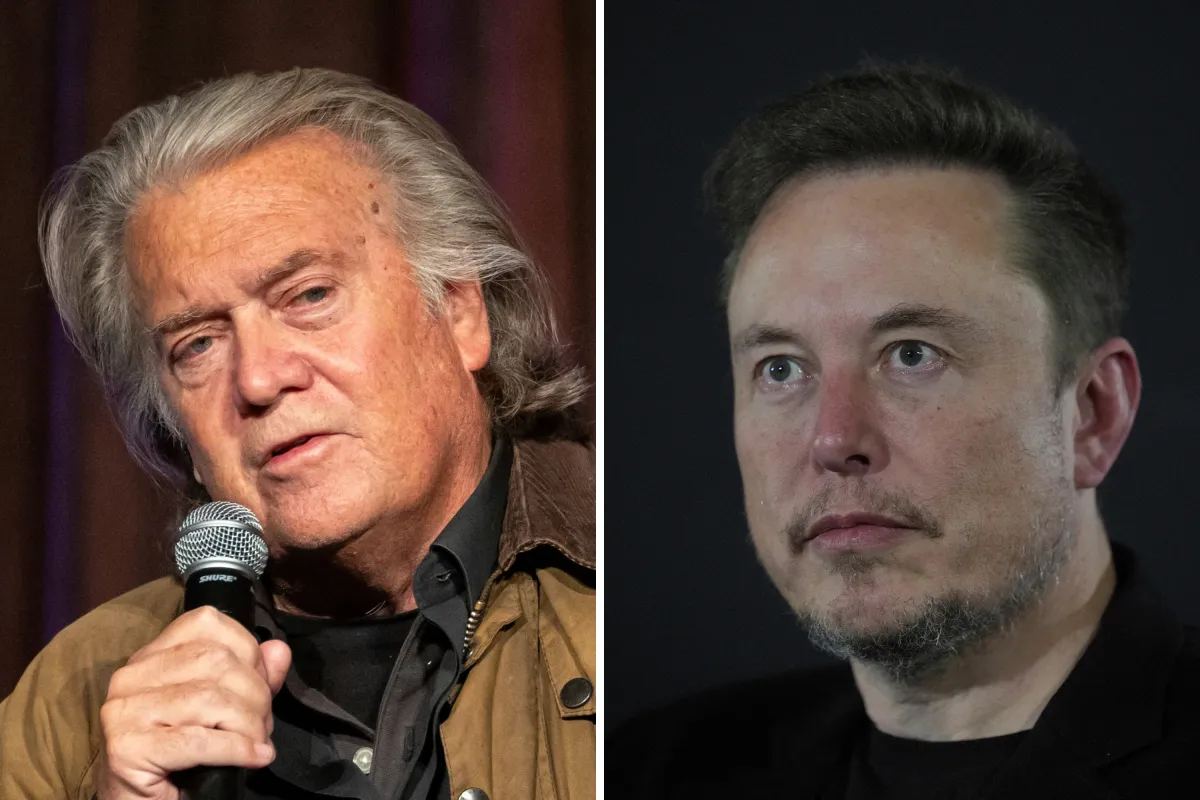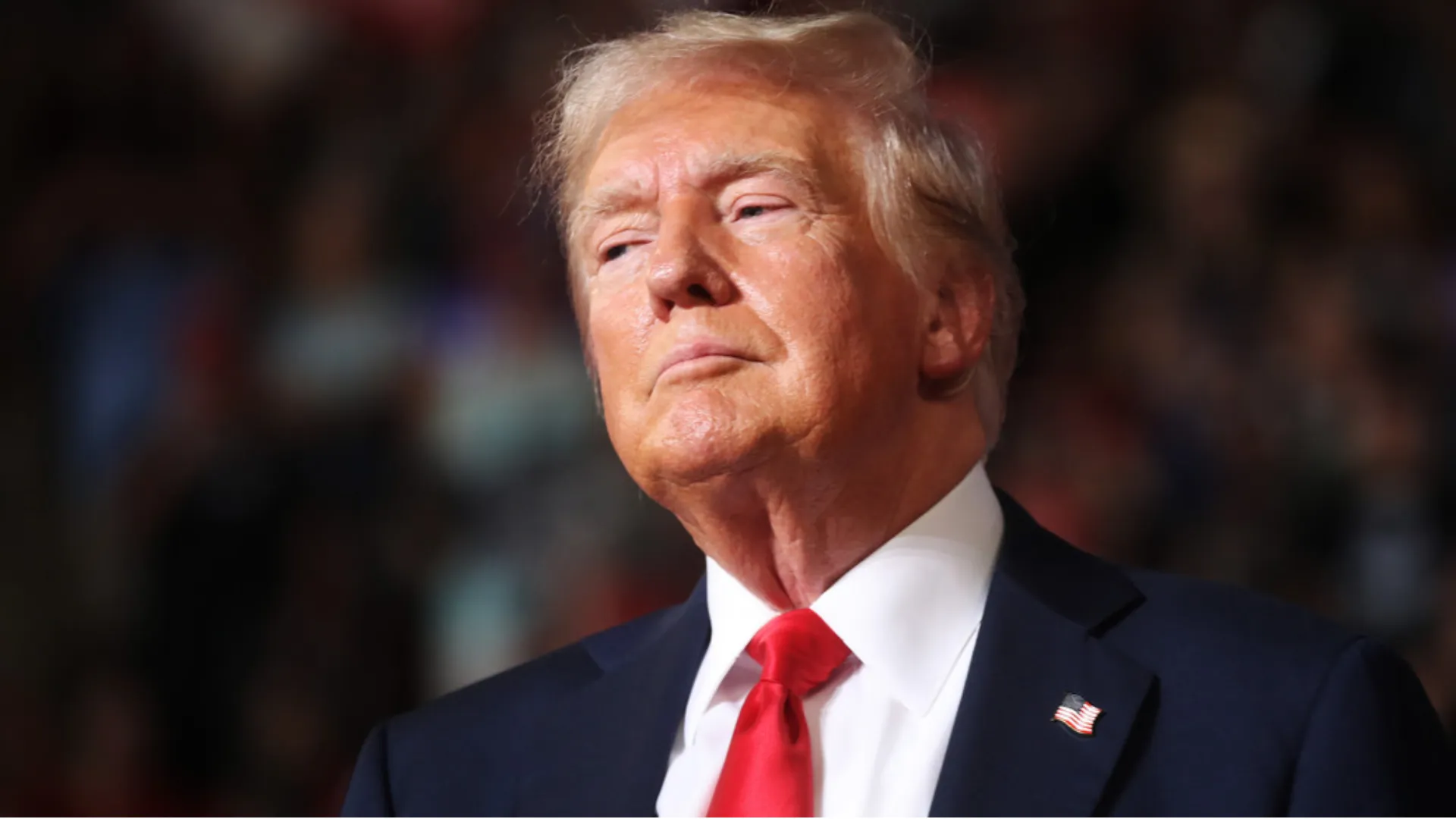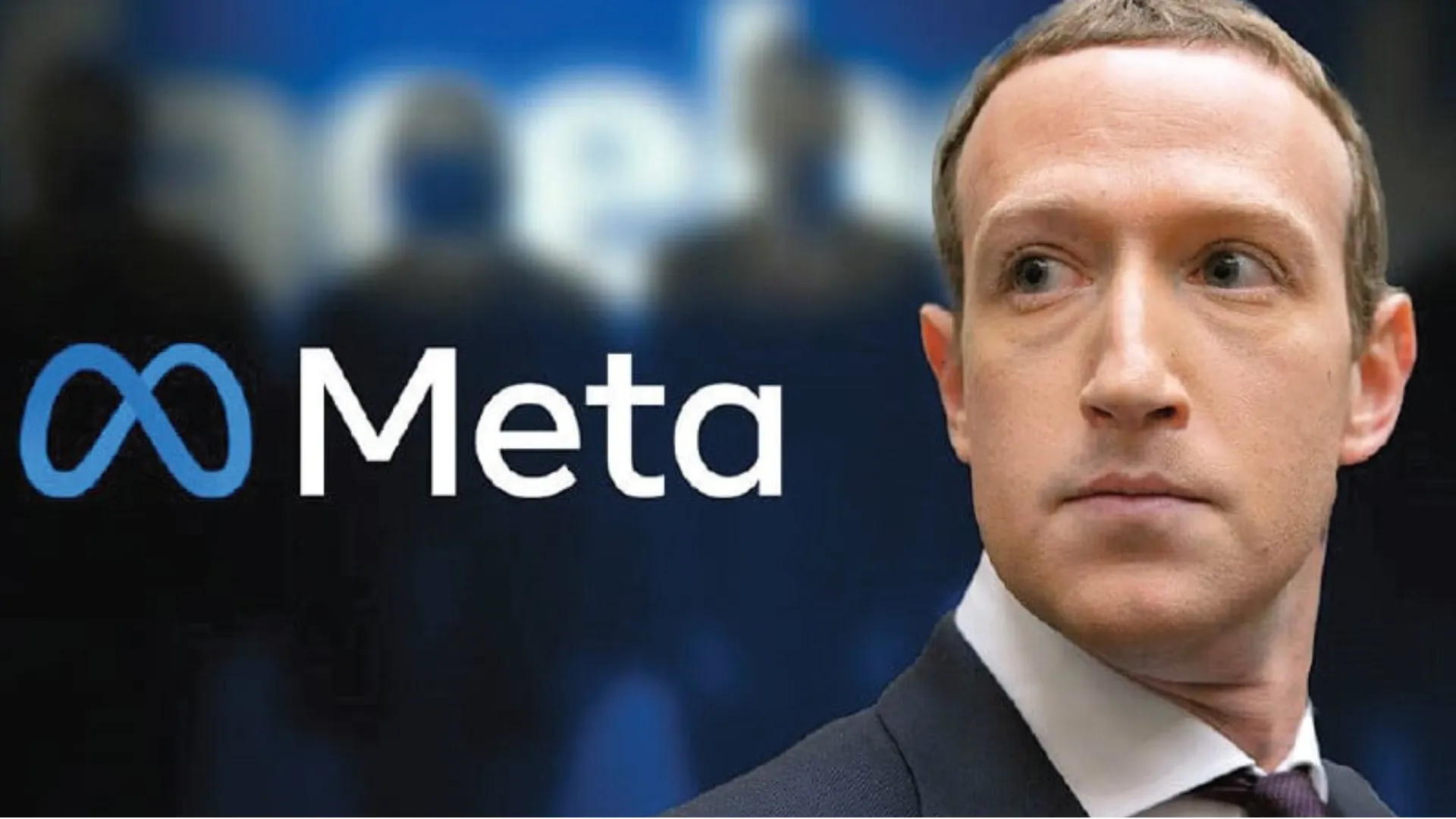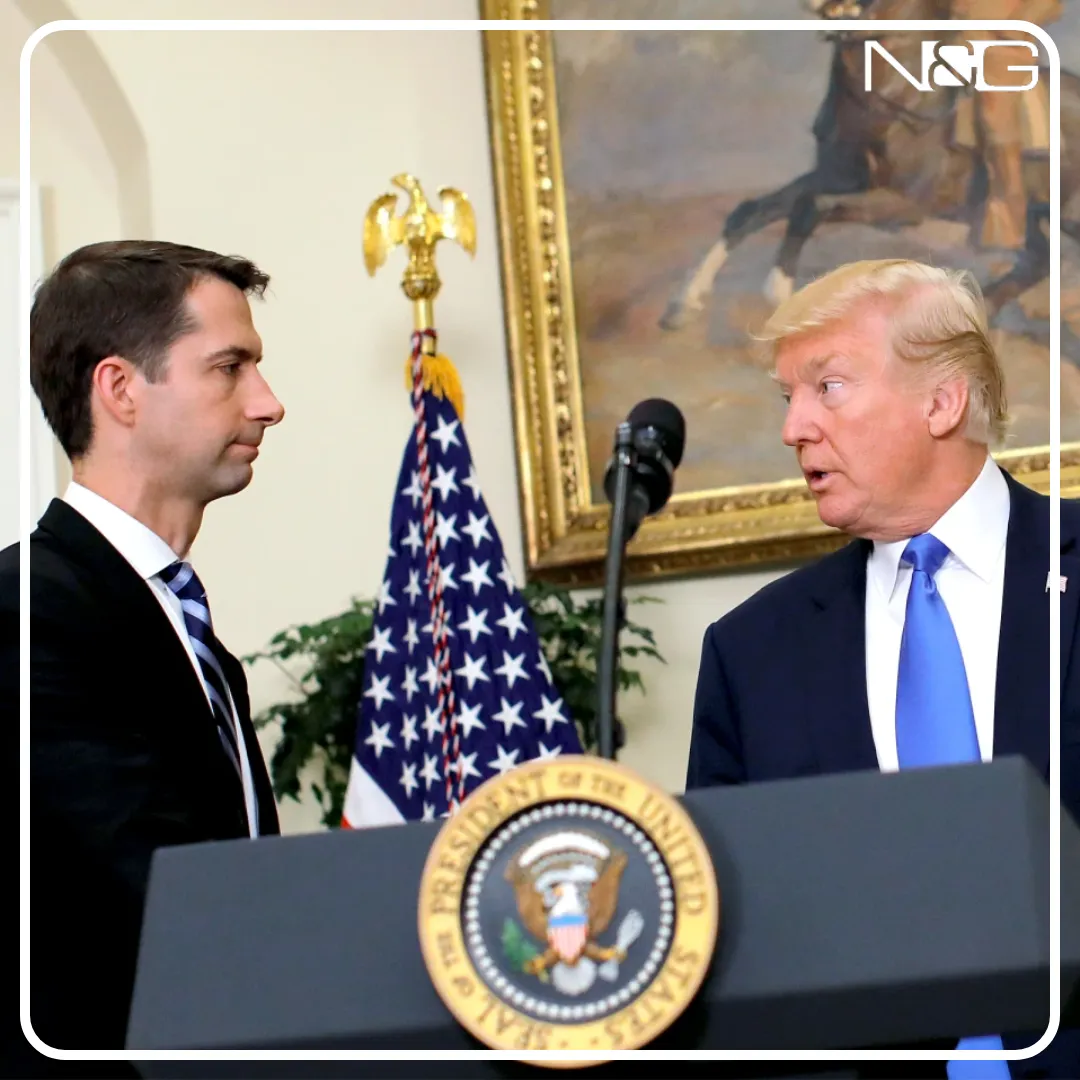
Steve Bannon, former adviser to President-elect Donald Trump, recently directed sharp criticism toward tech billionaire and Trump ally Elon Musk. During an episode of his podcast War Room, Bannon admonished Musk to “sit in the back and study,” reflecting tensions between Trump’s Silicon Valley supporters and his core anti-immigrant base, particularly over issues related to highly skilled worker visas.
Bannon, a key figure in Trump’s populist movement, suggested that Musk and other tech-world newcomers to the Trump camp should approach their involvement with humility. “They’re recent converts,” Bannon remarked, emphasizing the need for newcomers to understand the movement deeply before taking on prominent roles. He elaborated, “We love converts.
But the converts sit in the back and study for years to ensure they understand the faith, the nuances, and how to internalize it.” Bannon warned against overstepping too soon, stating, “Don’t come up and go to the pulpit in your first week here and start lecturing people about the way things are going to be. If you’re going to do that, we’re going to rip your face off.”

Musk, once politically neutral, has emerged as a prominent figure in Trump’s inner circle after contributing at least $250 million to Trump’s campaign efforts. The Tesla and SpaceX CEO is set to co-chair the newly established Department of Government Efficiency alongside entrepreneur Vivek Ramaswamy.
This new role signifies Musk’s growing influence within Trump’s orbit, yet it has also placed him at the center of internal conflicts within the conservative movement.
Silicon Valley, historically a liberal stronghold, saw a surprising shift this election cycle as several tech executives—some with prior Democratic affiliations—threw their support behind Trump.
However, the recent debate over immigration policies, particularly the use of H-1B visas for highly skilled workers, has exposed fractures between these new conservative allies and Trump’s traditional MAGA base.

The controversy escalated after Trump appointed venture capitalist Sriram Krishnan as senior policy adviser on artificial intelligence. This appointment drew backlash from far-right activist Laura Loomer, who resurfaced Krishnan’s previous comments advocating for the removal of per-country caps on green cards to boost highly skilled immigration.
Loomer described Krishnan’s stance as “deeply disturbing,” igniting a broader debate within conservative circles.
Krishnan’s defenders, including Musk and other Silicon Valley conservatives, argue that highly skilled foreign workers are essential to addressing workforce gaps, particularly in the tech industry. However, their position has clashed with the hardline anti-immigration stance held by many within Trump’s base.
The dispute reached a boiling point when Musk labeled his critics within the party as “contemptible fools” who “must be removed from the Republican Party, root and stem.”
In response, Loomer accused Musk of retaliatory actions on X, the social media platform he owns, claiming he stripped her of verification and censored her posts due to their disagreements. Appearing on Bannon’s podcast earlier this week, Loomer described Musk as a “Stage 5 clinger,” intensifying the public feud.

The clash highlights a growing ideological divide within the Republican Party as it seeks to reconcile the demands of its populist base with the interests of its emerging tech allies. While Musk’s financial support and innovative leadership bring a new dimension to Trump’s coalition, his views on issues like immigration have placed him at odds with the movement’s traditional priorities.
Bannon’s comments underline the tensions surrounding Musk’s rapid rise within the conservative sphere. By urging Musk to take a backseat and learn the nuances of the movement, Bannon reflects broader concerns among Trump loyalists about maintaining ideological consistency amidst the party’s shifting dynamics.
As these disputes unfold, they underscore the challenges facing the Republican Party in balancing its populist roots with the influence of new, often divergent, factions. Musk’s role, both as a prominent Trump ally and a lightning rod for controversy, will likely remain a focal point as the party navigates these internal conflicts.



